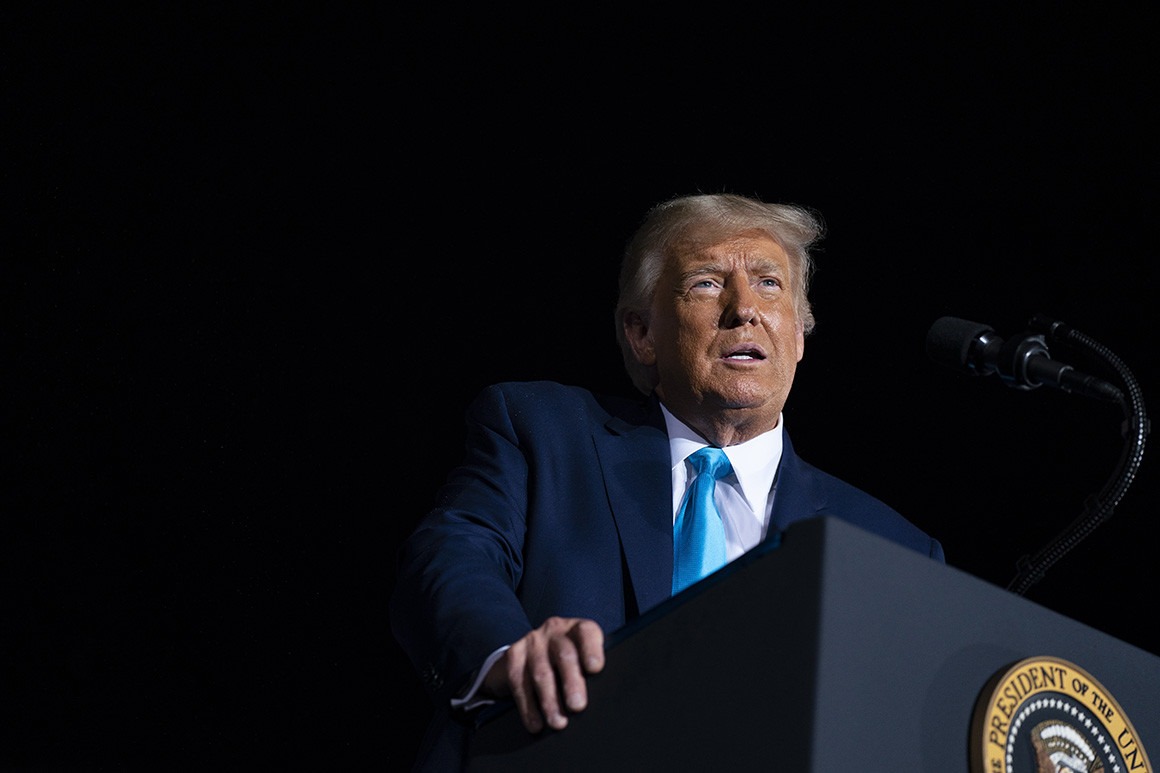Former President Donald Trump hinted at the possibility of violence from his supporters if he loses the election in November, indicating that the outcome would influence their actions.
In an interview with Time magazine, he expressed confidence in his chances of winning but suggested that the fairness of the election would determine whether violence erupts.
During the interview, Trump discussed various topics including abortion, the leadership of Israeli Prime Minister Benjamin Netanyahu, and his stance on pardoning individuals involved in the January 6 Capitol attack. He refused to dismiss the potential for future violence, attributing it to his claims of election fraud.

Trump’s reluctance to accept election results and his promise to pardon January 6 offenders were highlighted. Despite initially downplaying the likelihood of violence, he continued to propagate false election conspiracy theories.
His stance on abortion drew attention, particularly his refusal to commit to vetoing a federal abortion ban and his willingness to let states decide on punishments for women and doctors involved in illegal abortions. These remarks were criticized by President Joe Biden’s campaign, who warned of dire consequences if Trump were re-elected.
Trump also reignited criticism of Netanyahu, blaming him for security lapses during an attack on Israel by Hamas. He expressed doubt about the feasibility of a two-state solution for Israel and Palestine, suggesting it would be challenging to achieve.

Regarding the detention of Wall Street Journal reporter Evan Gershkovich in Russia, Trump tepidly called for his release, citing other priorities. This response was reminiscent of his past reluctance to condemn foreign leaders for human rights violations, such as in the cases of Alexey Navalny and Jamal Khashoggi.
Trump’s remarks in the interview reflected his persistent refusal to accept defeat, his controversial stance on abortion, and his tendency to avoid direct condemnation of allies or foreign adversaries.


